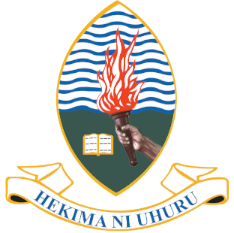
Manufacturing of lab instruments
Project Description
In view of the Tanzanian National Five-year Development Plan (FYDP II, 2016/17 – 2020/21), local secondary schools lack a sufficient number of teachers in STEM subjects (science, technology, engineering, and mathematics). The FYDP II recommends training more teachers in these subjects as an attempt to address the challenge. However, these efforts should be counterbalanced and complemented with an adequate number of laboratory instruments and testbeds, which will allow students to intuitively bridge theoretical and abstract worlds.
Our survey reveals that most secondary schools, especially those located in rural regions of the country, lack well-equipped laboratories to support STEM experiments. Moreover, the available instruments in some urban schools are usually purchased from abroad at higher costs, and can hardly be repaired by local technicians because the original manufacturers tend to obscure the underlying technologies—a consequence that reinforces the schools to repurchase the instruments to replace the faulty ones, which could otherwise be repaired at relatively lower costs and within a shorter time than the instruments to repurchase. Therefore, given the current status of the laboratories, teachers in STEM subjects cannot fully exploit their intellectual capacity to impart students with practical knowledge. Motivated by the challenge, this project draws professional knowledge, expertise, and skills from various UDSM disciplines (departments and centers) to manufacture and commercialize STEM laboratory instruments for secondary schools.
Stakeholders and customers (e.g., secondary schools) will gain three distinguishing advantages from the project: inexpensive instruments manufactured using local materials; availability of local after-sale services that will be provided by UDSM technical personnel; and, shorter delivery times of the instruments to schools because the manufacturing processes will be done locally. The project, in addition, includes the commercialization of the manufactured products. Relevant bodies, such as the Business Registration and Licensing Agency (BRELA), will be consulted to license and commercialize the products. The Intellectual Properties gained from the project will be used as income sources to sustain the project after the expiration of the funding period. The project outputs (laboratory instruments, testbeds, Intellectual Properties, Copyrights, and publications) and the associated manufacturing processes reflect the UDSM vision of 2061 of becoming “a leading center of intellectual wealth spearheading the quest for sustainable and inclusive development.”
Project Scope and Duration
t
Project Management
tt
Project team members
Contacts
tt
